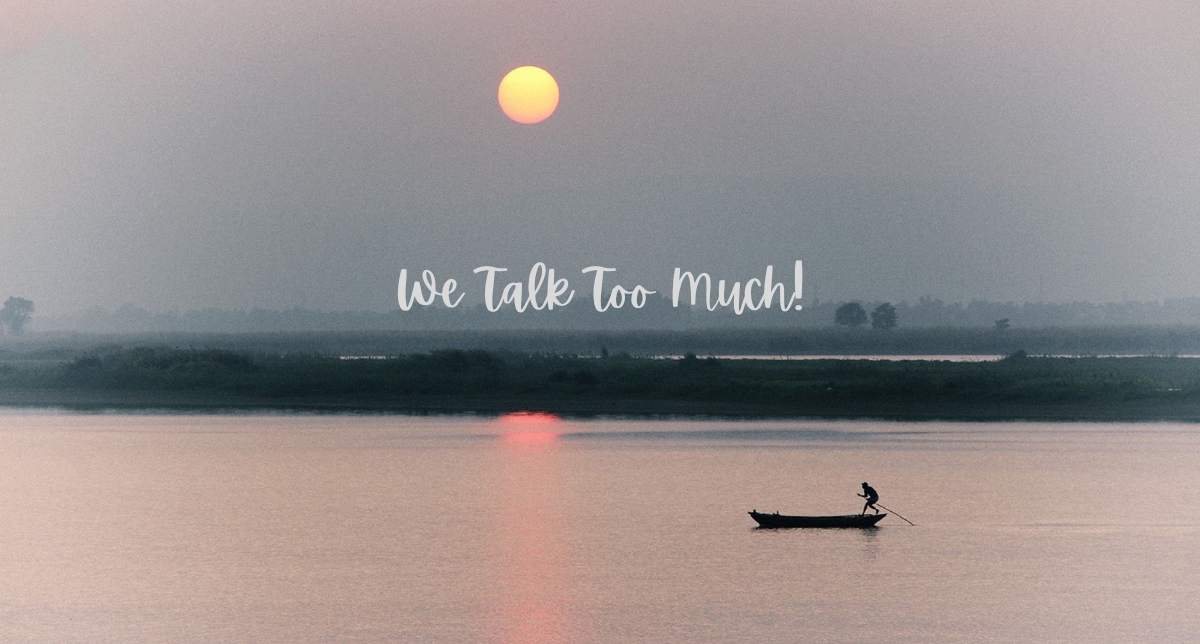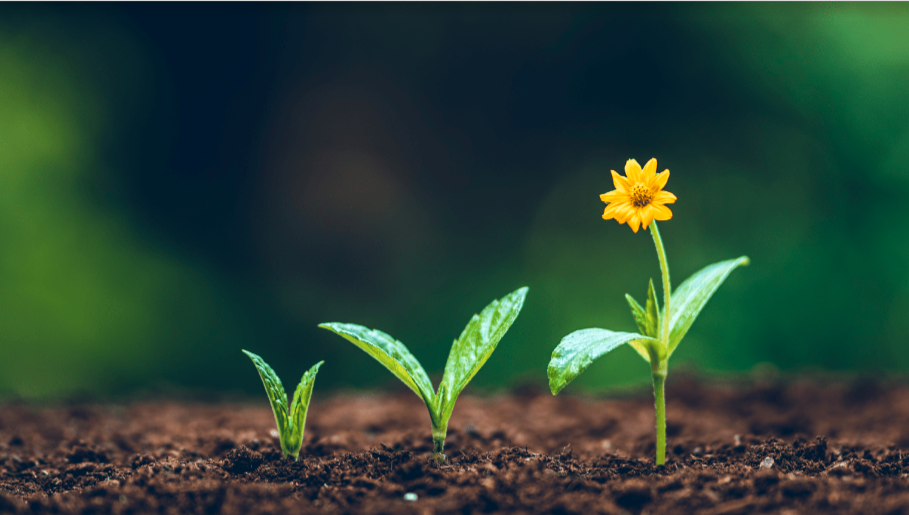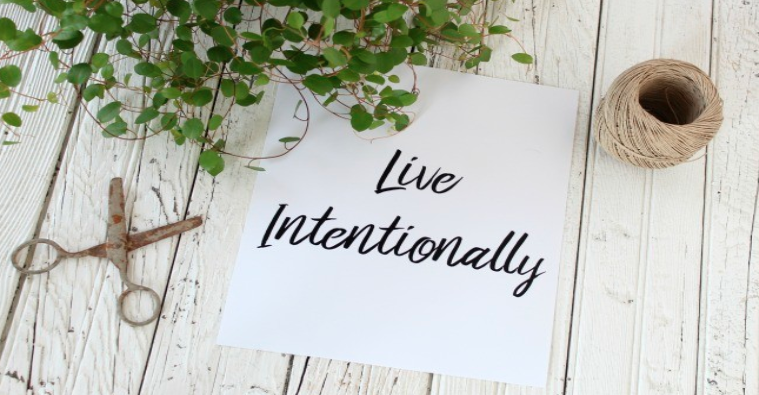In today’s fast-paced world, where our minds are constantly bombarded with distractions and stimuli, the practice of meditation and mindfulness has become increasingly important. Mindfulness and meditation are two very conducive concepts. A beginner might be left indecisive and lost, not knowing which to practice. The answer lies in the question itself. Before we start practicing, understanding the fundamental difference between the techniques can be helpful and guide us in making informed choices and decisions.
Meditation techniques are constantly integrated into therapy, and patients are encouraged by their therapists to adopt meditative practices. According to Wallace and Shapiro’s (2006) framework, a harmonious interplay between conation (motivation, intention), attention, cognition and affect/emotion is vital to total well-being.
A study has found that individuals who practice meditation exhibited superior performance compared to those who do not meditate across all measures of attention. Additionally, meditators reported higher levels of mindfulness, and there was a moderate to strong positive correlation between mindfulness and attentional abilities. These findings indicate a close connection between mindfulness and enhancements in attentional functions and cognitive flexibility.
Meditation has gained significant momentum in the Western world, particularly in the U.S.A. Meditation is an ancient practice that involves training the mind to focus and cultivate awareness. It is a powerful tool that can help us navigate the stresses and challenges of modern life with greater ease and stability.
One of the most significant benefits of meditation is its ability to improve our overall well-being. By taking the time to slow down and be present in the moment, we create space to pause and observe our thoughts and emotions without judgment. This heightened awareness allows us to respond to situations with greater clarity and intention rather than reacting impulsively. Additionally, regular meditation practice has been shown to reduce stress and anxiety levels, improve sleep quality, and even boost immunity.
Mindfulness, which is often cultivated through meditation, involves paying attention to the present moment with an attitude of openness and curiosity. By being mindful, we can savor the small joys of life, appreciate the beauty around us, and approach challenges with a greater sense of resilience.
On the other hand, the practice of mindfulness extends beyond formal meditation sessions and into our daily lives. It encourages us to be fully present in our interactions with others, to listen deeply, and to respond with compassion. When we are mindful, we are better able to manage our emotions and avoid getting caught up in negative thought patterns. This increased self-awareness can lead to improved relationships, enhanced productivity, and a greater sense of overall well-being.
Furthermore, mindfulness has been shown to cultivate qualities such as patience, empathy, and gratitude, which can positively impact not only our personal lives but also the communities and environments in which we live and work. By embracing the principles of meditation and mindfulness, we can truly embark on a journey of self-discovery, personal growth, and inner peace.
While meditation and mindfulness are often discussed together and have some overlapping qualities, there are distinct differences between the two practices. Understanding these differences can help individuals approach each practice more effectively and reap the specific benefits they offer.
Meditation is a formal practice that typically involves setting aside dedicated time, finding a quiet space, and engaging in specific techniques to train the mind. These techniques can include focused attention on the breath, body sensations, or a mantra. Other forms of meditation involve open monitoring, where the practitioner allows thoughts and sensations to arise without judgment or attachment. The goal of meditation is often to cultivate a calm, stable, and focused mind while also developing qualities such as patience, concentration, and insight.
In contrast, mindfulness is more of a state of being or a way of relating to one’s present-moment experience. It can be practiced during formal meditation sessions but is also meant to be integrated into everyday activities and interactions. Mindfulness involves paying attention to the present moment with openness, curiosity, and acceptance. Rather than trying to control or change one’s thoughts or emotions, mindfulness encourages a non-judgmental awareness of whatever arises in the field of experience.
Another key difference lies in the intended outcomes of each practice. While meditation aims to cultivate specific mental states or qualities, such as concentration or equanimity, mindfulness focuses on developing a particular way of relating to one’s experience. Through mindfulness, individuals learn to respond to situations with greater clarity and wisdom rather than reacting automatically or being caught up in habitual patterns of thinking or behavior.
Meditation often involves specific techniques or instructions, which may require guidance from a teacher or a structured program. On the other hand, mindfulness can be practiced more informally and integrated into daily life without extensive training or guidance, although formal instruction can certainly enhance one’s understanding and practice.
While meditation and mindfulness share some common ground, such as promoting present-moment awareness and reducing stress and anxiety, they are distinct practices with unique approaches and intended outcomes. By understanding these differences, individuals can choose the training that best aligns with their goals and integrate both meditation and mindfulness into their lives in a complementary and enriching way.
For those of you who still feel uncertain about how to begin, we are always here to help you at Antaha. Antaha is an organisation devoted to helping individuals navigate their way around loneliness and help them in their mental health journey. All the help that you need can be found here.
Meditation and mindfulness are closely related concepts, differing by a fine line. While meditation is a practice, mindfulness is a quality of being. We must identify this difference and choose according to our needs and goals. So start now, choose your companion and get started on your journey of well-being today!

















